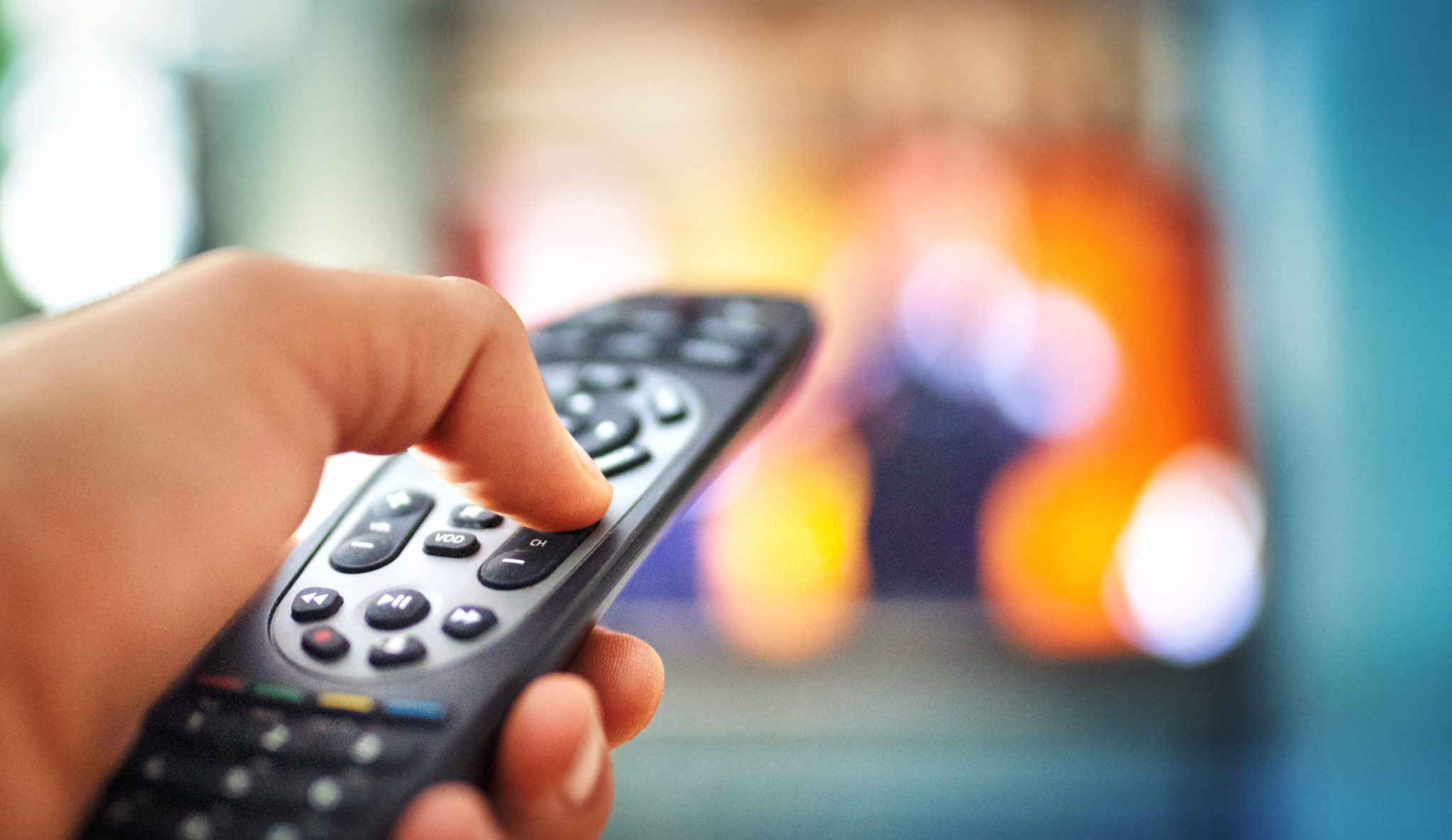On August 2, 2024, the FCC will reinstate a rule that says local FB commercial radio stations will not be able to duplicate the same programming for more than 25% of their schedule. That means if someone owns two radio stations in the same market, they cannot broadcast the same identical content for more than 25% of their broadcast week.
This only applies to commercial radio stations, so others like religious radio stations will be able to continue to replay the same content.
The rule was removed in 2020 but is being restored in August. Local radio stations can apply for an exemption, and there is a six-moth grace period giving stations until February 3, 2025, to comply.
The question now is should this same rule apply to local TV stations? With the consolidation of local TV station ownership, many are pushing for a similar rule. Many big TV station owners have asked the FCC to put an end to limits on how many stations they can own in a single market. For now, the FCC has pushed back and not agreed to it.
If the FCC does reduce the rules on how many stations can be owned in a single market, a similar rule may be needed.

